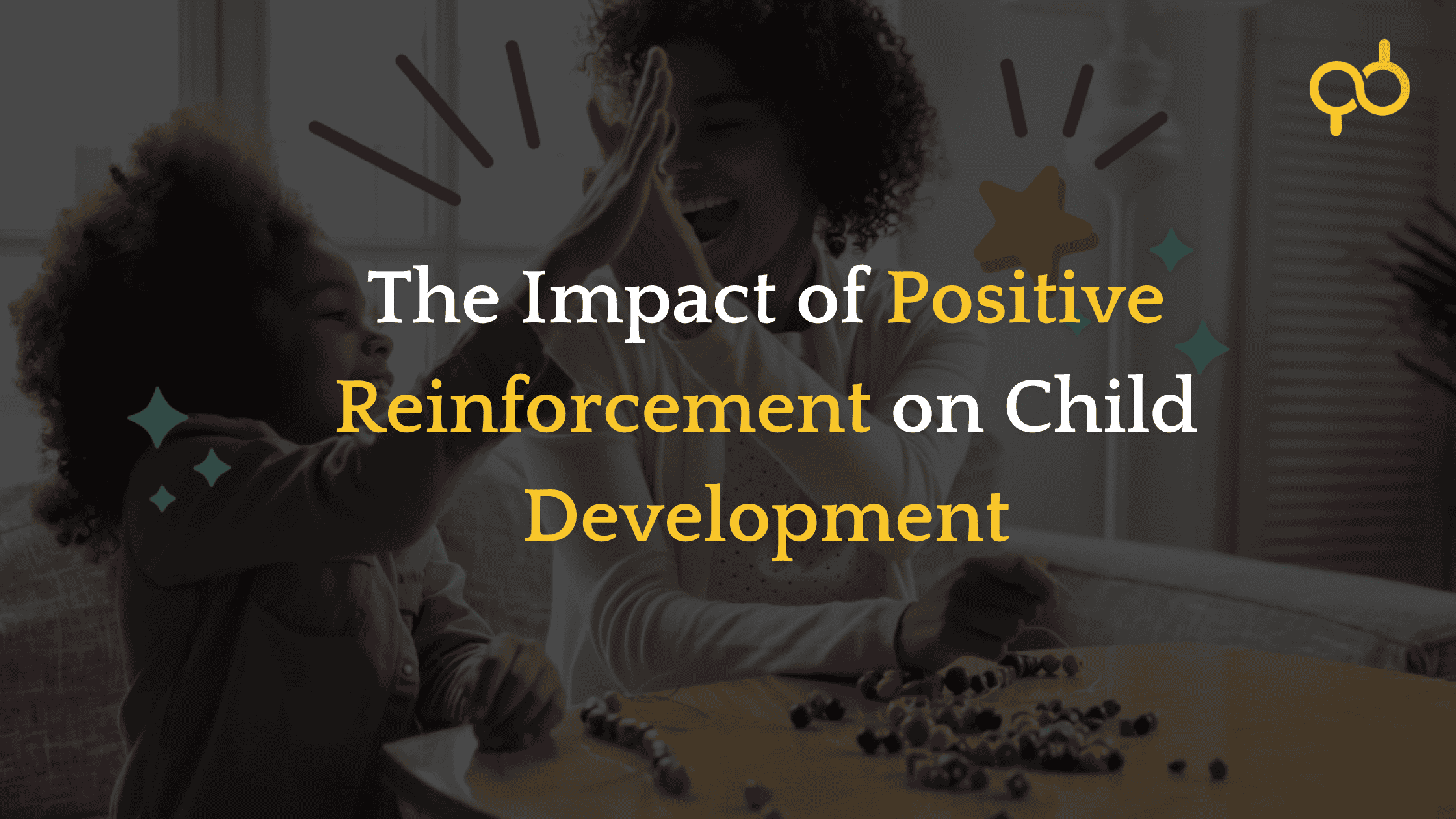Raising a child in today’s fast-paced, technology-driven world comes with a unique set of challenges. Parents are constantly bombarded with distractions—social media notifications, busy work schedules, and the never-ending influx of information—that can sometimes divert attention from one of the most crucial aspects of parenting: nurturing a child’s emotional and mental development. With so much vying for their time and energy, many parents find it challenging to consistently practice mindful, positive parenting. However, one technique that remains a cornerstone in child development, despite all the distractions, is positive reinforcement.
Positive reinforcement refers to the act of rewarding a child for desirable behavior, which increases the likelihood of that behavior being repeated. This strategy plays a pivotal role in shaping a child’s behavior, boosting self-esteem, and encouraging emotional resilience. Children thrive on attention and validation, and by using positive reinforcement, parents can guide their children toward making good choices while fostering a sense of accomplishment.

When a child receives praise, affection, or tangible rewards for completing a task or behaving appropriately, their brain associates that action with positive feelings. Over time, this reinforcement strengthens desirable habits, whether it’s sharing toys with others, completing homework on time, or showing kindness to a sibling. The focus on positive outcomes encourages children to seek out more opportunities for praise, inherently reducing the need for punitive measures or negative reinforcement.
Beyond behavior management, positive reinforcement has a profound impact on a child’s emotional development. It builds confidence and helps children develop a sense of autonomy. For example, when a child is praised for trying something new or solving a problem on their own, they begin to believe in their ability to overcome challenges. This sense of competence becomes the foundation for a healthy self-image and increased independence.
Moreover, positive reinforcement strengthens the parent-child bond. In today’s era of endless distractions, moments of praise or acknowledgment become powerful opportunities for connection. A child who feels valued and supported by their parent is more likely to develop strong emotional security, which contributes to better social skills and emotional regulation.
In conclusion, while parenting in the digital age presents unique hurdles, positive reinforcement remains a timeless and effective tool for promoting a child’s emotional, social, and behavioral development. By focusing on and rewarding desirable behavior, parents can guide their children toward a brighter, more confident future.
